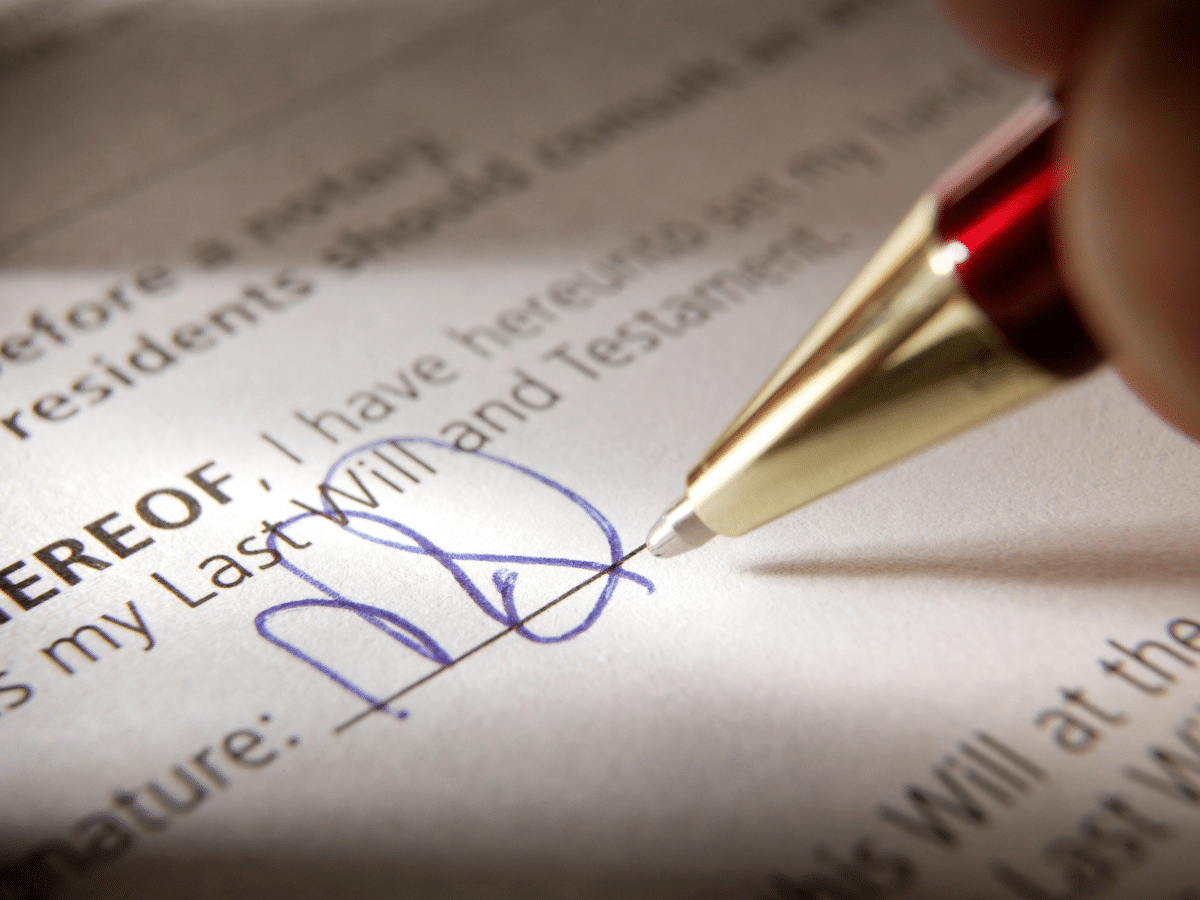When someone passes away, their assets, debts, and final wishes must be handled by their loved ones. However, if the deceased did not leave behind a valid will, the process of distributing their estate can become complicated and uncertain. In Pennsylvania (PA), the rules that govern what happens when someone dies intestate (without a will) are outlined by state law. Understanding these laws can help you navigate this difficult situation and ensure that the estate is managed properly. In this blog, we’ll explore what happens when someone dies without a will in Pennsylvania, and what steps you can take if you find yourself in this unfortunate situation.
What Does Dying Intestate Mean?
When someone dies without a will, they are said to have died intestate. This means there is no legally binding document to express their wishes regarding how their assets and property should be distributed. In the absence of a will, the state of Pennsylvania has a set of laws, known as intestate succession laws, which dictate how the deceased’s estate will be divided.
Pennsylvania’s intestate laws prioritize family members, but the distribution depends on the deceased’s family situation, including whether they are married, have children, or have living parents or siblings.
How Pennsylvania Distributes Assets When Someone Dies Without a Will
In Pennsylvania, the distribution of assets for someone who dies intestate is based on relationships. The state follows a specific hierarchy to determine who inherits the estate:
-
Spouse and Children
If the deceased was married and had children, the estate will be divided between the surviving spouse and children.-
Married with children: The surviving spouse will receive one-third of the estate, while the children will split the remaining two-thirds equally.
-
Married without children: The surviving spouse will inherit the entire estate.
-
-
No Spouse or Children
If the deceased has no surviving spouse or children, the estate will be distributed to other family members, such as:-
Parents: If both parents are alive, they will split the estate equally.
-
Siblings: If no parents survive, the estate is divided equally among the deceased’s brothers and sisters.
-
-
No Immediate Family
If there are no direct relatives, the estate will eventually go to more distant relatives, such as nieces, nephews, or grandparents, according to Pennsylvania’s laws of intestate succession. -
No Family at All
In rare cases, if the deceased has no surviving family members, the estate may be claimed by the state.
What Are the Steps for Administering an Estate Without a Will?
When someone dies intestate, the process of handling their estate can be more complex than if they had a will. Here are the general steps for administering an intestate estate in Pennsylvania:
-
Petitioning for an Administrator
A family member or close relative must file a petition with the Orphans’ Court in the county where the deceased lived. The court will appoint an administrator to oversee the estate’s distribution. The administrator will typically be the surviving spouse, an adult child, or another relative who is legally eligible. -
Probate Process
The administrator will need to go through probate, which involves proving the deceased’s estate and gathering all assets. This includes identifying and appraising real estate, bank accounts, investments, and personal property. -
Paying Debts and Taxes
Before distributing the estate to heirs, any outstanding debts, including taxes, must be paid. This includes funeral costs, credit card debts, medical bills, and any other liabilities the deceased may have left behind. -
Distributing the Estate
After the debts and taxes are settled, the remaining estate will be divided according to Pennsylvania’s intestate laws. The administrator will distribute the assets to the rightful heirs, following the state’s hierarchy of inheritance.
If you need assistance with the probate process, consider contacting an experienced probate attorney to ensure that the estate is administered correctly. Learn more about probate law in Pennsylvania here.

What Happens to Debts When Someone Dies Without a Will?
Even though the deceased may not have left a will, their debts must still be paid from the estate. Pennsylvania law requires the estate to pay off any outstanding debts, including loans, credit cards, mortgages, and other financial obligations.
-
Priority of Debts: Certain debts, like funeral expenses and administrative costs, take priority over others. If the estate does not have enough assets to cover all debts, creditors may not receive the full amount owed.
-
No Personal Responsibility: In Pennsylvania, family members are not personally liable for the deceased’s debts unless they were co-signers or jointly responsible for the debt.
Can I Contest the Distribution of an Intestate Estate?
If you believe that the distribution of an intestate estate is unfair or does not align with Pennsylvania’s laws, you may have the option to contest it. This could happen if you believe the administrator is not following the correct process or if there are disputes among heirs about who should receive what.
If you are considering contesting an estate or need help understanding the probate process, it is highly recommended to speak with an attorney who specializes in probate law.
Conclusion
When someone dies without a will in Pennsylvania, the state’s intestate succession laws determine how the estate will be distributed. While it’s generally a straightforward process for close relatives, it can become complex if there are disputes or if the family structure is complicated. Understanding your rights as an heir and the steps involved in administering an estate without a will can help ease the process.
At MHK Attorneys, we specialize in probate and estate law and can assist you with any questions you may have about intestate succession or managing an estate. Contact us to schedule a consultation and ensure that the estate is handled in compliance with Pennsylvania law.